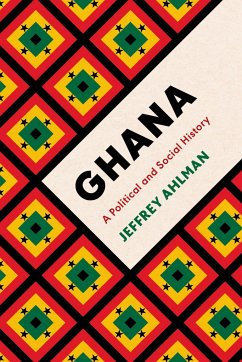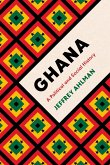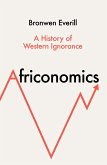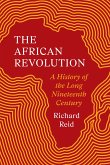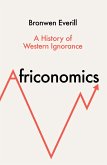Few African countries have attracted the international attention that Ghana has. In the late-nineteenth and early twentieth centuries, the then-colonial Gold Coast emerged as a key political and intellectual hub for British West Africa. Half a century later, when Ghana became the first sub-Saharan state to emerge from European colonial rule, it became a key site for a burgeoning, transnational, African anticolonial politics that drew activists, freedom fighters, and intellectuals from around the world. As the twentieth century came to a close, Ghana also became an international symbol of the putative successes of post-Cold-War African liberalization and democratization projects. Here Jeffrey Ahlman narrates this rich political history stretching from the beginnings of the very idea of the "Gold Coast" to the country's 1992 democratization, which paved the way for the Fourth Republic. At the same time, he offers a rich social history stretching that examines the sometimes overlapping, sometimes divergent nature of what it means to be Ghanaian through discussions of marriage, ethnicity, and migration; of cocoa as a cultural system; of the multiple meanings of chieftaincy; and of other contemporary markers of identity. Throughout it all, Ahlman distills decades of work by other scholars while also drawing on a wide array of archival, oral, journalistic, and governmental sources in order to provide his own fresh insights. For its clear, comprehensive coverage not only of Ghanaian history, but also of the major debates shaping nineteenth- and twentieth-century African politics and society more broadly, Ghana: A Political and Social History is a must-read for students and scholars of African Studies.
Hinweis: Dieser Artikel kann nur an eine deutsche Lieferadresse ausgeliefert werden.
Hinweis: Dieser Artikel kann nur an eine deutsche Lieferadresse ausgeliefert werden.

